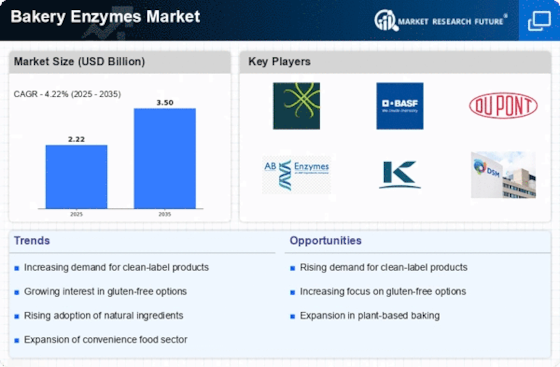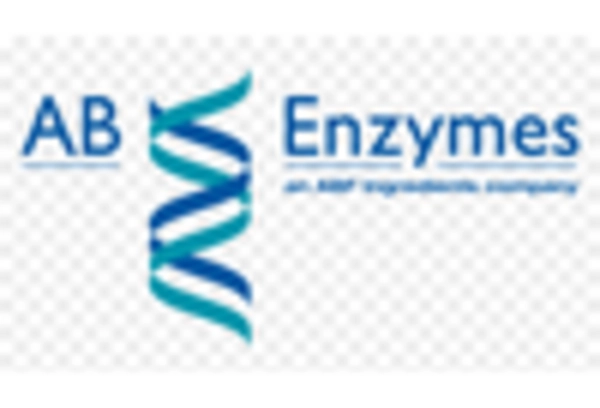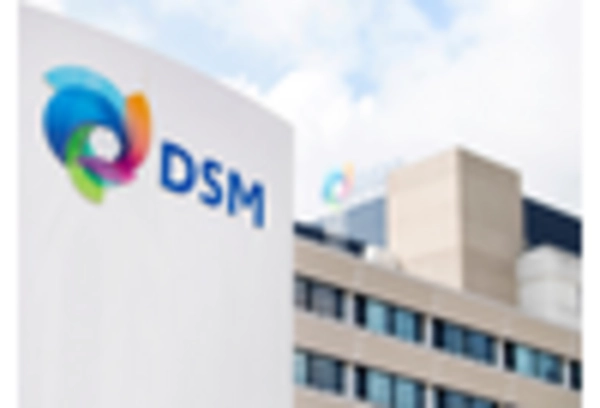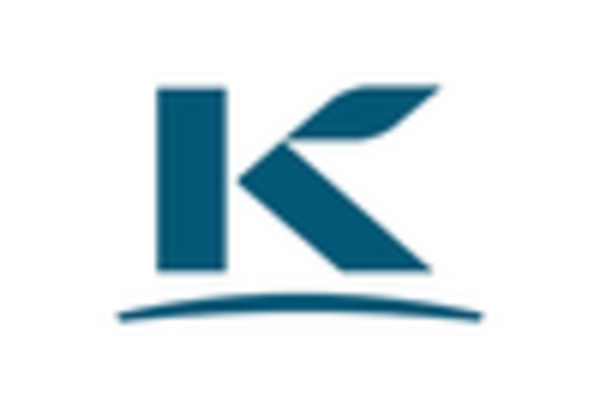Market Share
Bakery Enzymes Market Share Analysis
The Bakery Enzymes Market, a pivotal segment within the food and baking industry, employs diverse market share positioning strategies as companies strive to establish a unique identity in this competitive space. A foundational strategy involves emphasizing the role of bakery enzymes in enhancing the quality and efficiency of baked goods. Companies highlight how enzymes, such as amylases and proteases, contribute to dough conditioning, shelf-life extension, and overall product improvement. This approach positions bakery enzymes as essential ingredients for bakers seeking solutions that optimize production processes, enhance texture, and deliver high-quality end products.
Quality assurance is a cornerstone of market share positioning within the Bakery Enzymes Market. Companies underscore the use of high-quality enzymes derived through advanced fermentation or microbial sources to ensure their efficacy and safety. Adherence to regulatory standards and certifications, such as food safety certifications or Non-GMO Project Verified status, contributes to building consumer trust in the reliability and compliance of bakery enzyme products.
Strategic collaborations and partnerships play a significant role in market share positioning within the Bakery Enzymes Market. Companies often collaborate with bakery manufacturers, research institutions, or industry experts to develop innovative enzyme applications. These collaborations not only enhance the credibility of the products but also contribute to advancements in enzyme technology. Co-branded initiatives or joint research projects can reinforce the market positioning of bakery enzyme brands.
Product diversification is a key element in market share positioning within the Bakery Enzymes Market. Companies offer a range of enzyme solutions tailored to specific bakery applications, such as bread, pastry, or confectionery. This strategy ensures that bakery enzyme products remain versatile and can address the diverse needs of bakers seeking enzyme solutions for different formulations and processes, from dough improvement to gluten modification.
Price positioning is a critical factor in market share strategies for bakery enzymes. Given their crucial role in optimizing baking processes and improving product quality, some companies adopt a premium pricing strategy, positioning their bakery enzymes as high-performance and technologically advanced solutions. This appeals to manufacturers and bakers seeking optimal results and willing to invest in cutting-edge enzyme technologies. Conversely, other companies may opt for a competitive pricing strategy to capture a larger market share by offering more affordable bakery enzyme options. Striking the right balance between performance and cost-effectiveness is essential in a market where both premium and budget-conscious consumers coexist.
Educational marketing is a key element of market share positioning in the Bakery Enzymes Market. Companies invest in educating bakery manufacturers and bakers about the functionalities and benefits of their enzymes. Marketing efforts may include technical workshops, webinars, or informational materials to demonstrate the value of enzymes in improving dough handling, texture, and the overall quality of baked goods. This educational approach positions companies not just as suppliers but as partners in helping the baking industry achieve optimal results.
Sustainability initiatives are gaining prominence in the Bakery Enzymes Market. Companies that prioritize eco-friendly sourcing of raw materials, use energy-efficient production processes, or engage in responsible enzyme production contribute to a positive brand image. Sustainability efforts align with the values of environmentally conscious consumers and baking manufacturers who are increasingly concerned about the ecological impact of their ingredients.
Digital marketing and e-commerce play pivotal roles in market share positioning strategies in the Bakery Enzymes Market. Companies leverage online platforms, social media, and e-commerce channels to engage directly with baking manufacturers, share educational content about the benefits and applications of bakery enzymes, and showcase their product offerings. A strong online presence enables companies to build brand awareness, communicate their commitment to quality and sustainability, and facilitate convenient access to their bakery enzyme products.


















Leave a Comment